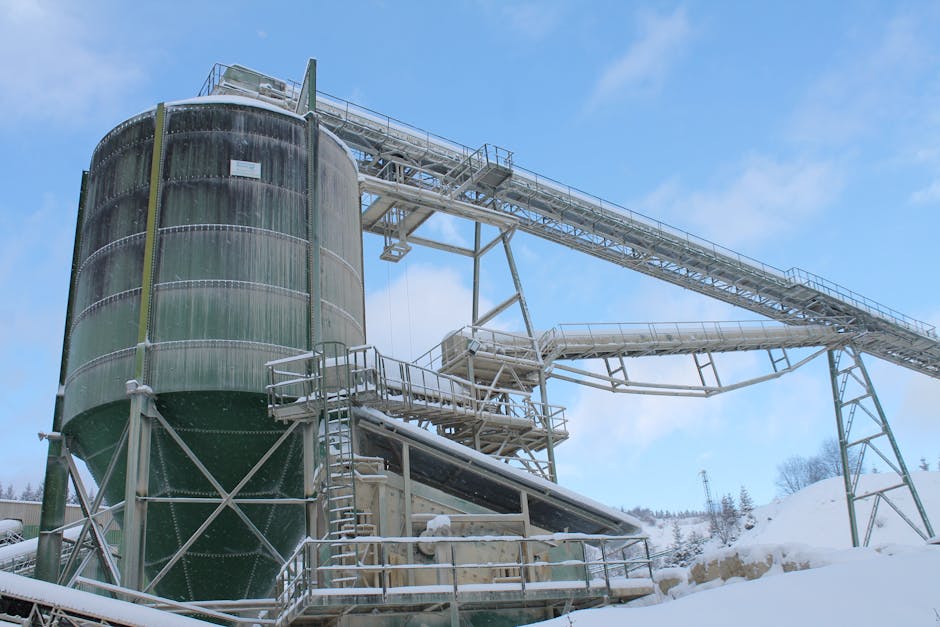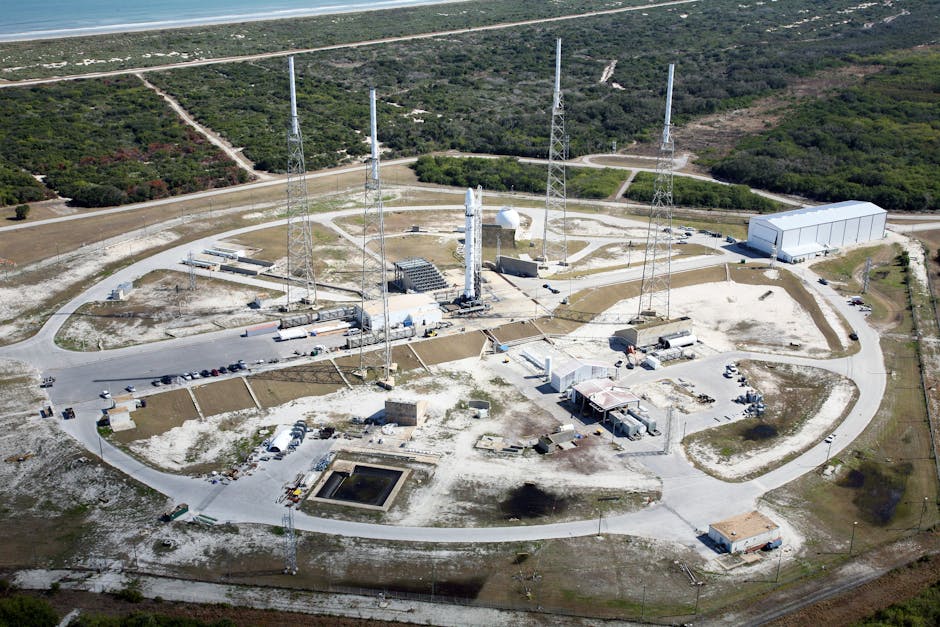Unlock encrypted content
Please enter your SSCE key to initiate on-the-fly decryption.
Decryption key: (Click cancel if you don't have the key)
Copied link to clipboard.
This feature is unavailable for free accounts. Upgrade now and enjoy all Premium benefits.
Go Premium!
This feature is unavailable for free accounts. Upgrade now and enjoy all Premium benefits.
Go Premium!
Please open this page in browser ( Google Chrome or Safari ) to use this feature.
Open In Browser
Autonomous Driving and IoT: A Revolution in Connectivity and Security.
Random related video for this blog.
Copied share link to clipboard.
Autonomous driving and the Internet of Things (IoT) are two groundbreaking technologies that are rapidly transforming various industries. The convergence of these technologies has the potential to revolutionize transportation, enhance connectivity, and improve overall security. In this article, we will explore the impact of autonomous driving and IoT on various aspects of our lives, from data security to cloud storage and file transfer.
Connectivity and Security in Autonomous Driving
Autonomous driving is no longer a futuristic concept but a reality that is reshaping the automotive industry. With the advent of self-driving vehicles, cars are becoming more than just a means of transportation; they are evolving into sophisticated mobile devices connected to the internet. This connectivity allows cars to communicate with each other, traffic infrastructure, and cloud-based services, enabling real-time data exchange and analysis. The Internet of Things plays a crucial role in this connectivity, enabling autonomous vehicles to access and share data seamlessly. IoT devices embedded in autonomous cars collect and transmit a vast amount of data, including traffic conditions, weather updates, and road hazards. This real-time data exchange ensures that self-driving vehicles make informed decisions based on accurate and up-to-date information. However, with this increased connectivity comes the need for robust data security measures. Autonomous vehicles are vulnerable to cyber threats, as any connected device can be hacked. The consequences of a cyber-attack on an autonomous vehicle could be catastrophic, jeopardizing the safety of passengers and other road users. Therefore, it is imperative to implement stringent security protocols to protect the integrity and confidentiality of data transmitted within the autonomous driving ecosystem.Cloud Storage and Data Security
Cloud storage plays a vital role in the autonomous driving ecosystem, acting as a central repository for the vast amount of data generated by self-driving vehicles. From sensor data to high-definition maps,autonomous cars produce terabytes of data per hour. Storing and managing this data on local servers would be impractical and inefficient. Cloud storage offers a scalable and cost-effective solution, allowing autonomous vehicles to offload their data to secure remote servers. However, data security is a primary concern when it comes to storing sensitive information in the cloud. As autonomous vehicles continuously generate and upload data, ensuring the confidentiality and integrity of this data becomes crucial. Encryption techniques, such as end-to-end encryption, can be implemented to secure data during transmission and storage. Additionally, robust access controls and authentication mechanisms are necessary to prevent unauthorized access to the stored data. FileLu cloud storage, a leading provider in the industry, offers secure and reliable cloud storage solutions for autonomous driving applications. With its advanced encryption and data protection features, FileLu ensures the privacy and security of the data uploaded by autonomous vehicles. Users can take advantage of FileLu's fast uploading tools and high-speed file downloads to efficiently transfer data between autonomous cars and the cloud.
Uploading Human Brain to Cloud Storage: A Futuristic Possibility
While autonomous driving and IoT have already made significant advancements, the future holds even more exciting possibilities. One such possibility is the ability to upload the human brain or memory to cloud storage. Although this concept may seem like science fiction, researchers are actively exploring the potential of digitizing human consciousness. Imagine a world where memories, thoughts, and experiences can be stored in the cloud. This would revolutionize the way we perceive and interact with our own minds. The implications range from preserving memories for future generations to enabling individuals to access their own memories at any time. While this technology is still in its infancy, it opens up a realm of possibilities for scientific research, medical advancements, and personal development. However, ethical and privacy concerns surrounding the digitization of the human brain must be carefully addressed before such technology becomes a reality.Conclusion
Autonomous driving and IoT are transforming the way we live, work, and interact with technology. The connectivity and data exchange facilitated by these technologies have the potential to revolutionize transportation, enhance connectivity, and improve overall security. However, it is crucial to address the challenges and risks associated with these advancements, such as data security and privacy concerns. FileLu cloud storage offers a reliable and secure solution for storing and transferring data in the autonomous driving ecosystem. With its fast uploading tools, high-speed file downloads, and advanced encryption features, FileLu ensures the privacy and integrity of data transmitted between autonomous vehicles and the cloud.Frequently Asked Questions (FAQs)
Question: How does autonomous driving benefit from the Internet of Things (IoT)? Answer: Autonomous driving benefits from IoT by enabling real-time data exchange between vehicles, traffic infrastructure, and cloud-based services. This data exchange enhances the decision-making capabilities of self-driving vehicles, leading to improved safety and efficiency on the roads. Question: What are the security concerns associated with autonomous driving? Answer: Autonomous driving poses security concerns such as cyber-attacks on connected vehicles, data breaches, and unauthorized access to sensitive information. Implementing robust data encryption, access controls, and authentication mechanisms is essential to mitigate these risks. Question: Will it be possible to upload the human brain or memory to cloud storage in the future? Answer: While the concept of uploading the human brain to cloud storage is still in the realm of science fiction, researchers are actively exploring the possibilities. However, ethical and privacy concerns must be carefully addressed before such technology becomes a reality. Question: How does FileLu cloud storage ensure data security for autonomous driving applications? Answer: FileLu cloud storage ensures data security through advanced encryption techniques, robust access controls, and authentication mechanisms. With its fast uploading tools and high-speed file downloads, FileLu provides a secure and efficient solution for transferring data between autonomous vehicles and the cloud.By Amelia Isabella.
Email: [email protected]
Related
Cloud Storage: Unlocking the Potential of Data Accessibility and Scalability.
July 20, 2023
Read More
Effortless File Organization: Enhancing Data Management with FileLu Cloud Storage.
July 20, 2023
Read More
Effortless File Organization and Secure Storage: Exploring FileLu.com's Big Data...
July 20, 2023
Read More
Real-Time System Monitoring: Enhancing Efficiency and Security in the Digital...
July 21, 2023
Read More
Data Sharing Permissions: Enhancing Online Collaboration and Martian Data Storage
July 21, 2023
Read More
Popular
The Future of Digital Transformation: Exploring Smart Homes, Efficient File...
November 30, 2025
Read More
Latest
The Future of Digital Transformation: Exploring Smart Homes, Efficient File...
November 30, 2025
Read More
Exploring the Benefits of Cloud Storage and Innovative Technologies in...
November 26, 2025
Read More
The Future of Technology: Exploring Biohacking, Space Tourism, and Digital...
November 23, 2025
Read More
The Future of File Sharing: Streamlined Workflows for Photographers and...
November 19, 2025
Read More
Exploring the Intersection of Technology: From Cybersecurity to Augmented Reality...
November 16, 2025
Read More
The Future of File Management: Embracing Edge Computing and Efficient...
November 12, 2025
Read More
The Future of File Sharing: Exploring User-Friendly Solutions and Data...
November 5, 2025
Read More
The Future of Cloud Storage: How FileLu Empowers Creative Professionals...
November 2, 2025
Read More
The Future of Autonomous Technologies: Innovations in Robotics, File Sharing,...
October 29, 2025
Read More
Emerging Technologies Revolutionizing File Management: From Li-Fi to Robust Collaboration...
October 26, 2025
Read More
Emerging Technologies: Exploring the Impact of File Access Auditing, Genetic...
October 19, 2025
Read More
The Future of Data Storage: Exploring Advanced Encryption, Mobile Integration,...
October 5, 2025
Read More
Exploring the Future of Data Management: Security, Efficiency, and Cognitive...
September 28, 2025
Read More
Revolutionizing Data Management: Innovations in Storage, Security, and Sustainable Technology.
September 24, 2025
Read More


















